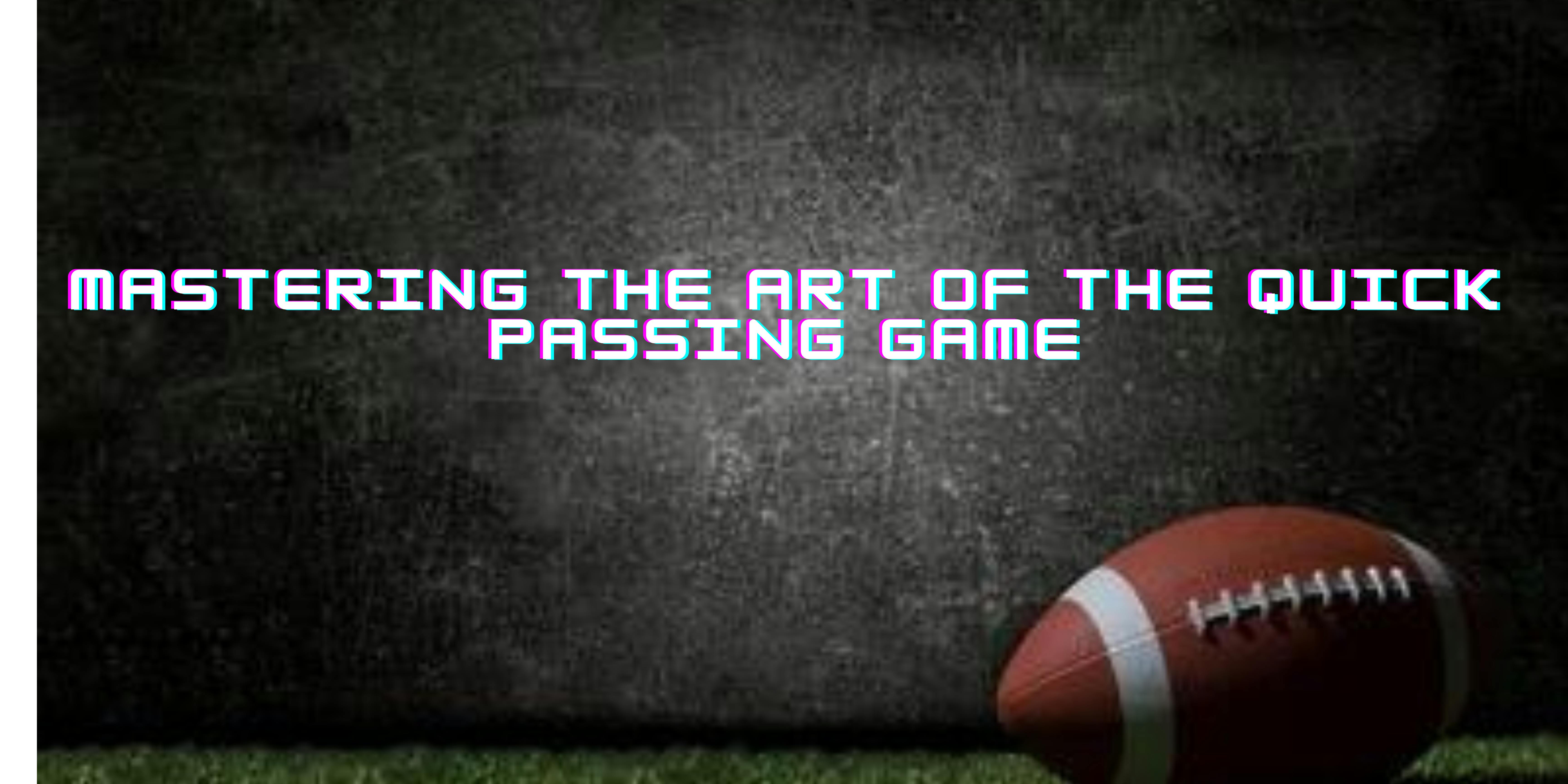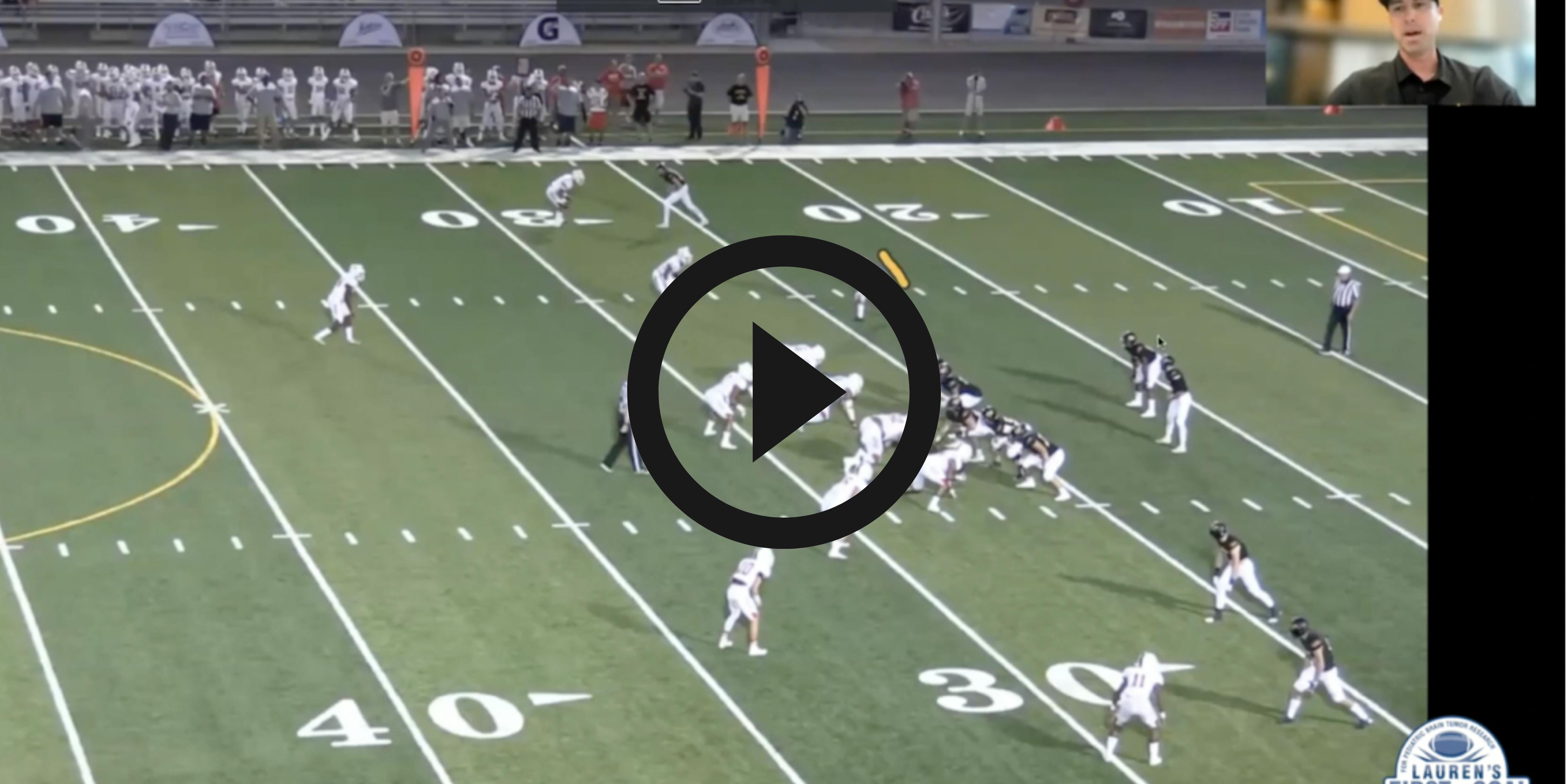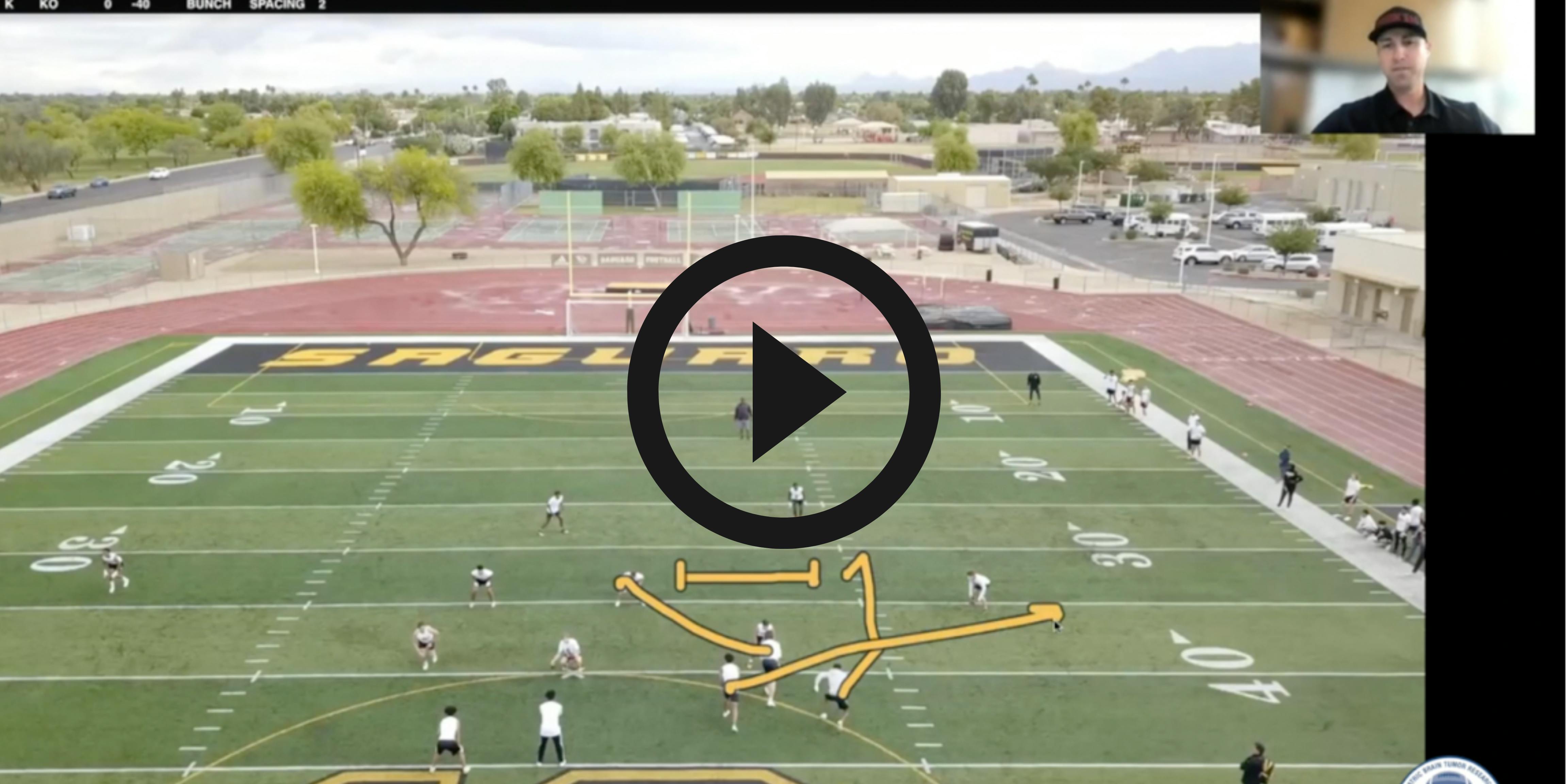When, how often, and what did Jesus pray for?
- Author James Rondinone
When, How Long, and What Did Jesus Pray for?
Should there be a specified amount of time that each of us should set aside each day for prayer? Is there a particular time when believers should pray? How often should we pray?
Some churches believe that prayer should be mandatory. Certain times of the week are designated for corporate prayer. In some instances, these gatherings are segregated. As for some believers, they might pray for many hours each day, while others aren’t so inclined. And there are those in leadership who use prayer as a measuring stick that signifies how spiritual each person is in the assembly. The more one prays the more spiritual they are considered to be.
All of the questions that we initially asked should be looked into so that we’re not caught off guard when another believer or someone in leadership tells us that we must pray at a certain time, so often, for so long, or at a certain place. Shouldn’t we know what the Scriptures say in this regard.
We’ll begin looking at the Jewish day and finding out what was each day’s name or description along with how were the times within each day described. Why is this important to know? This is important to know because in the early church the description of each day along with the times within each one was referenced according to the Jewish perspective. But we’ll not stop here. I’ll also introduce the Roman way of naming their days along with how the times within each day were described. After each has been introduced, I’ll try to put them together so that as you read about when prayer took place, you’ll understand it better according to both systems of time.
CONTRASTING THE JEWISH AND ROMAN DAY
The Jews referred to the days of the week as the first of the week (of the Sabbath cycle, the second of the Sabbath cycle, etc.). The seventh day was known as the Shabat (Sabbath), the day of rest. The Sabbath began at approximately 40 minutes after sunset, when a minimum of three stars were able to be seen in the sky, which would be considered to begin at the close of the sixth day. Each of these days began and ended at sunset. The first day of the week is the day following the Sabbath, beginning at sunset.18
Now Peter and John went up together into the temple at the hour of prayer, being the ninth hour.
Another thought to consider is how the Jews talked about the various times within each day. According to Acts 3:1, they described a particular time as being the ninth hour. What does the ninth hour mean? It means the ninth hour after dawn (sunrise). There were twelve hours in the Jewish night beginning at sunset and twelve hours in the Jewish day beginning at sunrise.
When we look at passages of Scripture in the New Testament which refer to morning, evening, first day of the week, etc. we need to understand that each of these words needs to be interpreted according to the Jewish perspective. What further complicates this is the fact that the Romans had a different way to describe not only the names of their days, but the times within each day along with when their days began and ended. Let’s take a look at the Roman description of their days and after which we’ll attempt to combine both perspectives.
The Romans adopted their days of the week from their mythical gods. Saturday was named after Saturn, the god of crops and harvest, and was initially considered the first day of the week. The second day of the week was called Sunday, which was considered as a day sacred to the sun. The third day and so on is as follows: Monday was named because it was sacred to the moon. Tuesday was named after Tiw, a god of war. Wednesday was named after Woden, the leader of the gods. Thursday was named after Thor, the god of thunder. Friday was named after Frigga, the wife of Woden.19Each of these days began and ended at midnight.20 As the worshiping of the Sun increased, the Sun's day (Sunday) advanced from position of the second day to the first day of the week (and Saturday became the seventh day21).
It was not until Christianity took hold throughout Europe that most calendars marked Sunday as the first day of the week.22 It’s a little-known fact among most Christians, that the Romans first adopted the seven-day week in the first century and that they borrowed it not from the Jews, but from the Egyptians.23 Time within each day was designated as either being am (before noon for up to a period of 12 hours) or pm (after noon for up to a period of twelve hours).
As best we can, let’s try to mesh these two perspectives together. For the Jew, the ninth hour meant an hour beginning at the 9th hour after dawn (sunrise) and lasting for one hour. For the Romans, this would mean beginning at 3:00pm and ending at 4:00pm. Dawn (sunrise) would be equivalent in Roman time to 6:00am. Sunset would be equivalent to 6:00pm. If time refers to the night, then the Jewish wording for this would be something like the third hour of the night. The third hour of the night would be equivalent to 9:00pm or three hours after sunset. Another way for the Jews to talk about the night times would be to describe three-hour periods of time using certain words such as:
Sunset (6:00pm) to the third hour of the night (9:00pm) – First Watch
(9:00pm) to the sixth hour of the night (midnight) – Second Watch
Midnight to the ninth hour of the night (3:00am) – Third Watch
(3:00am) to sunrise – Fourth Watch
The Jewish night would be from sunset (6:00pm) to dawn (6:00am). The Jewish day would be
described as being from dawn (6:00am) to sunset (6:00pm). The Jewish Sabbath, the 7th Day, would be from sunset (6:00pm) to sunset (6:00pm) or from Friday (6:00pm) to Saturday (6:00pm). For example, if Scripture said that Jesus went to pray in the evening, this would tell us that he went to pray sometime from 6:00pm until 6:00am. This doesn’t necessarily mean that he prayed for this entire time, but that he prayed during this time frame.
I hope this gives us a better understanding as to when something took place. In regard to prayer, let’s begin by seeing if we can determine when, how often, and how long did Jesus pray for.
When, how often, and for how long did Jesus pray for?
Please go to the book of Matthew.
Suggested Reading: Matthew 14:13-25
John the Baptist had just been killed by Herod. Jesus, after having heard about this, departed into a desert place. However, when the people found out about where He had gone to, they followed him there. When they arrived Jesus not only had compassion on them and healed their sick, but said to the disciples to feed them.
His disciples responded by saying that they had only five loaves and two small fishes on hand. Jesus then took the loaves and while looking up to heaven blessed them and then handed them to His disciples, who took their share, and passed the rest around to the multitudes. Not only were five thousand people fed, but after gathering up the remaining bread they found that they had twelve baskets left over.
Matthew 14:23, 25 And when he had sent the multitudes away, he went up into a mountain apart to pray: and when the evening was come, he was there alone. And in the fourth watch of the night Jesus went unto them, walking on the sea.
After this miracle took place, Jesus sent the multitudes away and went up into a mountain to pray (to speak with God; to ask things of God). When it became evening (when night fell), he was still there alone. In the meantime, his disciples boarded a boat and headed over to the other side of the lake they were on. Sometime later, the weather began to become stormy. In the fourth watch, Jesus decided to go unto them walking on the water.
What does this tell us about prayer?
It appears that Jesus went up into a mountain before evening set in to pray. Remember, according to Roman time evening began at 6:00pm. He decided in the fourth watch of Jewish time to leave the mountain and go to the aid of his disciples, because of the impending weather. The fourth watch began at 3:00am and ended at dawn (sunrise-6:00am). What we can gather is that Jesus was at a mountain residing alone at least from 6:00pm to 3:00am. In other words, he remained in this place for at least nine hours. Did he pray during all of this time? We don’t know. Did he sleep at all? It doesn’t say. What did He pray for? No idea.
In the next section, what we’ll find out is that Jesus prayed the same prayer three times. Any thoughts as to why this was the case? Please stay in the book of Matthew and go forward to chapter 26 and we’ll find out.
Suggested Reading: Matthew 26:36-45
Jesus had just partaken of the last Passover feast with his disciples. Following this, He decided to go to the Mount of Olives with Peter, James, and John to a particular place called Gethsemane which means the orchard of olive trees. His betrayal by Judas Iscariot into the hands of those, who would bring Him before the high priest and accuse him of blasphemy, was imminent. When they arrived at Gethsemane, He decided to separate himself a small distance away from His disciples so that He could pray alone. However, before He walked away from them, He reminded them to stay awake.
Matthew 26:39, 42, 44 And he went a little further, and fell on his face, and prayed, saying, O my Father, if it be possible, let this cup pass from me: nevertheless not as I will, but as thou wilt. He went away again the second time, and prayed, saying, O my Father, if this cup may not pass away from me, except I drink it, thy will be done. And he left them, and went away again, and prayed the third time, saying the same words.
Jesus’ mental state was one of being sorrowful (greatly amazed and sore troubled) and heavy (distress of mind; a feeling of terrified surprise). At some point, He fell on his face (the head was put between the knees, and the forehead brought to touch the earth - this was not only humiliating, but a very painful posture24) and prayed to the Father asking Him if it were possible to let this cup pass from Him.
The word cup is frequently used in the Sacred Writings to point out sorrow, anguish, terror, death. It seems to be an allusion to a very ancient method of punishing criminals. A cup of poison was put into their hands, and they were obliged to drink it.25 The words pass away from me could refer to an allusion here to several criminals standing in a row, who are all to drink of the same cup; but, the judge extending [favor] to a certain one, the cup passes by him to the next.26
After prayer, He checked in on His disciples and found them asleep. So, He decided to go back to the place where He initially prayed and made a similar request to God the Father. After which, He goes back again and checks in on them, and finds that they are still asleep. For the third and last time, He goes back to the same place and prays again making the same request as He had twice before.
What can we learn about prayer from these Scriptures?
What we know is that prayer occurred following the observance of the Passover. The amount of time spent in regard of the Passover varied. It could have lasted from anywhere between two-four hours. If Jesus and His disciples arrived at Gethsemane by 10:00pm, then what we could say is that He prayed during the second watch [the 3rd hour of the night (9:00pm) to the sixth hour in the night (midnight)]. In other words, he prayed during the evening. It’s interesting to note that He essentially prayed the same prayer three times as if to be emphasizing to God the Father that the need for His response was critical.
The next aspect of prayer in respect to Jesus has to do with His prayer to God the Father while He was on the cross. Please turn in your Bible to the book of Luke.
Suggested Reading: Luke 23:33-46
Christ and two others are hanging on a cross, at a place called Calvary (kranion), the Greek word for Golgotha - the place of a skull. He’s placed between two thieves as if to indicate that He was the worst of the three transgressors. The superscription above his head, which indicated his crime, was, “This is the King of the Jews.” This was written in the three learned languages of Greek, Latin, and Hebrew.
During the time preceding the Jews exodus from Egypt and the time following their entrance into the Promised Land, the land of Canaan, while operating under the institution of the Mosaic Law, it was common for an executed person to be publicly displayed by hanging them from the stakes of a stockade wall. This was done to discourage civil disobedience and mock defeated military foes.
Another method which the Jews employed for carrying out a death sentence was stoning. After death, the person was placed on a tree “hanging” for public display. People so exhibited after execution by stoning for breaking Israel’s Law were said to be cursed of God.
During the time when Christ lived on the earth, the Sanhedrin (the judicial system of the Jews) had four forms of capital punishment: stoning, burning, beheading, and strangling. However, the Roman judicial system took away from them the power of inflicting capital punishment. (Sanhedrin, 1, beginning; 7,2, p.24). This simply meant that without the confirmation of the sentence on the part of the Roman procurator, the Jews had no power to carry out the sentence of the Sanhedrin.
As far as Roman justice was concerned, the stake or cross came to be used as a means of civil and military punishment for persons convicted as enemies of the state (foreign soldiers, rebels, spies, treason, desertion in the face of the enemy, robbery, piracy, assassination, sedition, etc.). However, the Roman citizen was exempt from crucifixion. The use of which was abolished under Emperor Constantine in about 300 AD.
In relation to the coming Messiah, the Jews were looking for someone, who would deliver them from Roman rule. If Jesus was, who He said He was, He would not only deliver Himself from the Romans that had Him now in their hands, but He would also deliver them from Roman rule. Obviously, He did neither. Therefore, the Jews prosecuted him under the notion of a pretended Messiah.
Luke 23:33-34, 44 And when they were come to the place, which is called Calvary, there they crucified him, and the malefactors, one on the right hand, and the other on the left. Then said Jesus, Father, forgive them; for they know not what they do. And they parted his raiment, and cast lots. And it was about the sixth hour, and there was a darkness over all the earth until the ninth hour.
Jesus was placed on a cross, sentenced to die for blasphemy, because He claimed to be someone, who according to the Jews, He was not. While on the cross, He prayed to the Father to forgive those, both the Jews and Roman soldiers who were responsible for putting Him to death. The word forgive means not demanding a debt be paid, i.e., to give it up. This prayer was made in the morning before the sixth hour (noon), beginning at which time darkness would occur over all the earth and remain until the ninth hour (3:00pm).
What we’ll take a look at next is the prayer Jesus prayed when he was baptized by John the Baptist.
To find out more about this, please turn to the book of Matthew.
Suggested Reading: Matthew 3:1-11
John the Baptist was preaching to the Jews telling them to change their mind concerning their past sins for the kingdom of heaven (the reign of God) was at hand. This was an announcement that a new intervention of God was beginning in history which invited Israel to accept the prophetic manifestation of his will through the baptizer."27 In all of the region around the Jordan River, the Jewish people came to him to be baptized confessing their sins. But this was not all, John told them that someone would arrive on the scene, who he was not worthy to baptize, that would bring about a different type of baptism, which would be a baptism of the Holy Spirit and of fire.
Luke 3:21-22 Now when all the people were baptized, it came to pass, that Jesus also being baptized, and praying, the heaven was opened, And the Holy Ghost descended in a bodily shape like a dove upon him, and a voice came from heaven, which said, Thou art my beloved Son; in thee I am well pleased.
Little did John the Baptist know that soon thereafter Jesus would come to him to be baptized in water. I mentioned this because this is where it says that after Jesus was baptized by John, He was praying. This word means to utter prayers, i.e., lifting up the heart silently to God. And it appears that whatever Jesus was saying, the Father sent the Holy Spirit to descend upon Him and declared that He is His Son, in whom He was well pleased.
What we’ll take a look at next is another aspect of prayer that has to do with its longevity. Please turn again to the book of Luke.
Suggested Reading: Luke 6:1-12
12 And it came to pass in those days, that he went out into a mountain to pray, and continued all night in prayer to God.
There were two instances, both of which had occurred on the Sabbath, of which Jesus was being criticized by the religious elite. The first had to do with plucking and eating ears of corn, and the second had to do with healing a man whose right hand was withered. Right after these instances were mentioned it says that Jesus went into a mountain to pray, and continued all night in prayer to God. Might the words all night mean during the First, Second, Third, or Fourth Watch? That is from sunset (6:00pm) to sunrise (6:00am). While we’re unaware of what these prayers were all about, it appears that they went on for quite some time.
In the next example, we find Jesus praying for one of His apostles. Let’s stay in the book of Luke, turn to chapter 22, and find out who the apostle is and what it was that Jesus prayed for him.
Luke 22:31-32 And the Lord said, Simon, Simon, behold, Satan hath desired to have you, that he may sift you as wheat: But I have prayed for thee, that thy faith fail not: and when thou art converted, strengthen thy brethren.
Jesus prayed for the Apostle Peter, that his faith fail not in respect to the Devil desiring to have him (to try his faith). The word faith could refer to Peter’s attachment to Christ. The words fail not means to utterly fail or apostatize. While its true that Peter denied Jesus three times after He was betrayed by Juda and apprehended by those from the chief priests, scribes, and elders. However, he didn’t altogether abandon the faith.
What we can deduce from the various Scripture sections on prayer is that Jesus prayed at different times of the day on different occasions and for varied amounts of time. And on the account of His imminent sufferings and eventual death, He prayed essentially the same prayer three times to the Father for consideration to provide another means for mankind’s redemption.
With that said, what we’ll look at in the next chapter in respect to prayer is summed up in the following question. When, how long, and what did those in the leadership of the early church pray for?
Endnotes
18Karen Hill, “How Did the Names of the Days of the Week Come to Be?”, 2014. 05 February 2016 http://superbeefy.com/how-did-the-names-of-the-days-of-the-week-come-to-be/
19Karen Hill.
20Big Site of Amazing Facts, 06 February 2016
http://archive.is/www.bigsiteofamazingfacts.com
21Jan Spivey Gilchrist, “Sunday: a History of the First Day from Babylonia to the Superbowl”, 06 February 2016
http://www.publishersweekly.com/978-0-385-51039-4
22Larry Wishon, “Sunday, the First Day of the Week a Myth?”, 07 February 2016 http://www.larrywishon.com/SundayMyth.php.
23Larry Wishon.
24Adam Clarke.
25Adam Clarke.
26Adam Clarke.
27UBS.
Website: http://bit.ly/1RQnYJ8
New Covenant Ministries - Ministerios NuevoPacto
Sunday & Thursday Worship 7:00PM
Domingo & Jueves 7:00PM
Meetings at Harbor Church, Block Island
Spanish (401) 580-1156 English (401) 533-6768
I grew up in Massachusetts and began my own spiritual journey early on in life.
I attended Bible college, having completed a two-year Christian Leadership course of study, and graduated as valedictorian (summa cum laude).
I’ve written and published a number of spiritual books on various biblical topics.












